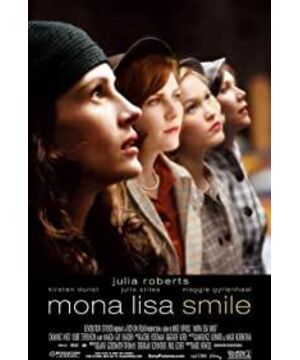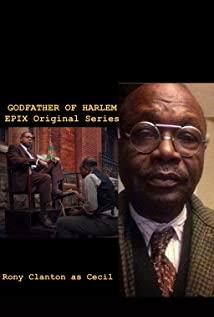Let me start with "Death Poetry Society". This film won the top spot in the selection of "The Film That Has the Most Profound Influence on Oneself During University" in Beijing. Robin Williams plays a Keating teacher who opposes the traditional mode of education in the film, encouraging students to tear away the forewords of the sages, abandon the shackles of authority, develop their own interests, and find their own inner voice. He made the students understand that it is far more important to gain broad horizons and passion for life than to gain knowledge from books mechanically. Of course, like the routines of most movies, the protagonist has been obstructed and pressured by conservatives. When Neil, who aspired to become an actor, found himself unable to give up or realize his dream and committed suicide, Mr. Keating was fired. Before he left, he was pleased to find that the children had already possessed the courage and determination to find their own voice.
The rhythm of the whole film has been tepid. The image of Mr. Keating is suspected of being tall and almost perfect. The beautiful boys play well, and the Scottish bagpipes that sound at just the right time add to the atmosphere. Full. Gently and skillfully led the audience into the suit of the director, and was moved unexpectedly.
Let’s talk about "Smile of the Mona Lisa". The similarity in the plot of the two films is that they also maintain the orthodox campus. Students from the same good family background follow the same arranged path, and the same alternative teachers also inspire the students to walk on their own. path of. Julia Roberts with a big mouth plays the role of Teacher Watson. In terms of character creation, Watson did not shine with extraordinary light. Compared with Keating's tall and perfect teacher, Watson felt like a radical feminist. In the conservative New England of the 1950s, Watson was full of confidence and implicit courage. Her pursuit of life and love gave her a certain charm, but the kind of moisturizing that the movie wanted to show was silent. The brilliance of her character is far from enough for her.
Some critics say that "Meng" is a feminist film, but it is not. It should discuss the positioning of women. It does not clamor for women to come out of the kitchen, but through the mouth of the protagonist, it gently expresses the view that women can pay equal attention to family and career. Although student Joan in the film gave up the opportunity to study law at Yale University and chose a family, she expressed a clear view. The meaning of feminism is that women have the right to choose what they want. This right to free choice is the most precious, not the content of choice. From this point of view, "Meng" still has some enlightening significance, but compared with "Death Poetry Society", the practical significance of "Meng" obviously cannot reach the level of guiding the audience's thoughts.
In addition, "Mongolia" also has other shortcomings. The structure is relatively loose, and the narrative is a bit messy. In the first half of the film, there are many scenes that seem to have nothing to do with the plot, which makes people feel inexplicable. For example, Watson took the students to look at the huge piece of art that could not see anything. Every student seemed to be intoxicated. I wondered for a long time and couldn't understand what this paragraph was trying to explain. The lack of novelty in the lines is also a failure of the film. I watched the original soundtrack. Some lines in the film are a little clever, such as the part where Watson and Betty are tit-for-tat, because the English lines are neatly structured and sound very comfortable. However, many lines that should have been the finishing touches flowed into plainness, becoming shallow and empty slogans, unable to make people feel the climax of the burst of passion.
Of course, the nostalgic atmosphere created by "Meng" is still very good. The elegant scenery of the Wesley campus, the soft flowing music, and the bright and beautiful dresses and exquisite makeup of the female students. However, the film lacks more in-depth exploration, which also makes the film’s era significance only become old music. And a shallow exhibition of costumes.
View more about Mona Lisa Smile reviews











